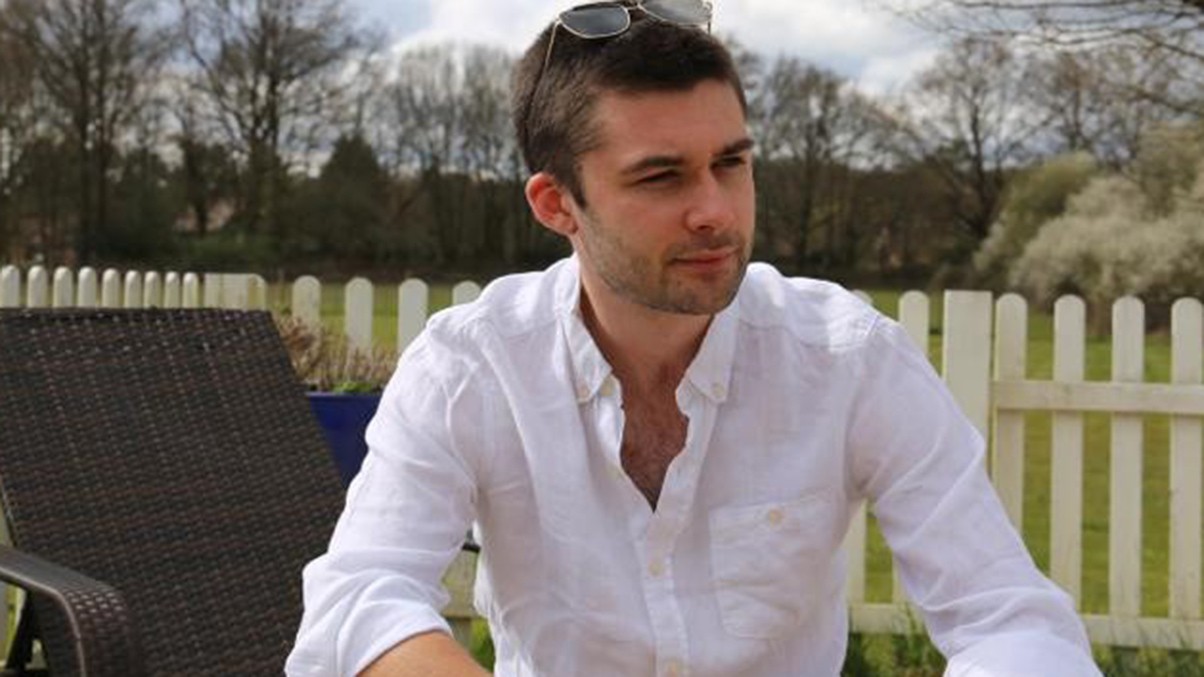Stewarts’ client RA incurred multiple serious injuries, including a C4 incomplete spinal cord injury, in a road traffic accident in 2015. After RA’s insurers initially refused to pay out under his critical illness policy, Stewarts convinced the Financial Ombudsman Service he could not return to his previous occupation following the accident. This led to the insurer paying out under the policy.
Stewarts represented RA on a pro bono basis after being referred by the Legal Service.
Background
Before the accident, RA had worked as a metal welder since he was 16 years old, completing training at college in the early years of his career. Due to his injuries, RA was unable to return to work.
In 2020, RA took up welding again both as a pastime and to improve his motor skills. He makes small ornamental items for friends and family and does not charge for his services. RA can only weld for up to one hour a day as he tires easily due to his injuries. Therefore, he cannot return to his previous occupation.
RA had the benefit of a critical illness policy, and we assisted him in making a claim for “total and permanent disability”, which was defined in the policy as follows:
“We will also pay up to the limits of indemnity for permanent total disablement (excluding loss of sight or limbs), which prevents you from engaging in any remunerative occupation and in the opinion of an appropriately qualified medical professional licensed to practice in the Territorial Limits, is unlikely to substantially improve.”
The issue was whether RA’s injuries fell within the definition of “total and permanent disability” set out in the insurance policy.
The arguments
The insurer initially rejected the claim on the ground that if RA could weld as a hobby, he could return to his previous occupation. Alternatively, RA could work in another occupation, such as an office role.
Stewarts did not agree with the insurer’s reasoning and complained to the Financial Ombudsman Service (FOS) on RA’s behalf. We sourced medical evidence that stated RA could not return to his previous occupation.
The insurer argued that the evidence did not suggest RA was “prevented from engaging in any remunerative occupation”, and therefore he does not fall within the definition of “total and permanent disability”.
RA had purchased this insurance believing it would cover him if he suffered such a severe injury. His inability to return to work and his consequent financial hardship was the exact situation he purchased the policy to protect himself against.
Decision of the Financial Ombudsman Service
The FOS investigated the case. It said that where an insurance policy uses the words “any occupation”, the FOS’s approach is based on the Court of Appeal case of Sargent V GRE [1997] EWCA Civ 1414. In this case, the court found that the phrase “any occupation” was ambiguous and restrictive, so it should be interpreted in favour of the policyholder rather than the insurer.
The FOS, therefore, interprets “any occupation” to mean “any relevant or suited occupation”.
Applying this, the FOS determined that a relevant or suitable occupation for RA was welding or some other manual role. This is because welding is a labour-intensive role that requires a sufficient degree of training. Further, RA did not possess skills necessary for or knowledge of any other industry, so it was unreasonable to expect him to take up any other occupation.
Outcome
The FOS determined that the medical evidence confirmed that RA is unable to return to his suited occupation. As such, the FOS concluded that RA’s condition satisfies the criteria under the definition of “total and permanent disability”.
On receipt of the FOS’s conclusions, the insurer agreed to pay RA the full amount plus interest from the date they received the medical evidence.
Testimonial from RA:
RA said: “I’m extremely impressed at how you eventually got through to the Ombudsman to see the case from my point of view. I genuinely didn’t expect to see a settlement that went the way it did. Stewarts found the end of my rainbow.”
This article was written by Senior Paralegal Grace Horvath-Franco and Paralegal Liana Turner.
The Legal Service – We are here to help
The Legal Service, delivered by our pro bono team, provides patients with advice without obligation, for however long it takes to resolve the issue. Our support is available regardless of the circumstances of an accident and regardless of whether a patient has a personal injury claim.
In these difficult times, the concerns of our pro bono clients are likely to be more stark than those in more fortunate circumstances. The Legal Service will be available throughout the crisis to help in any way we can to ease the burden on our clients.
To get advice from The Legal Service, please contact Kara Smith by phone on 020 7822 8000 or by email at ksmith@stewartslaw.com.
You can find further information regarding our injury expertise, experience and team on our Personal Injury pages.
Subscribe – In order to receive our news straight to your inbox, subscribe here. Our newsletters are sent no more than once a month.





